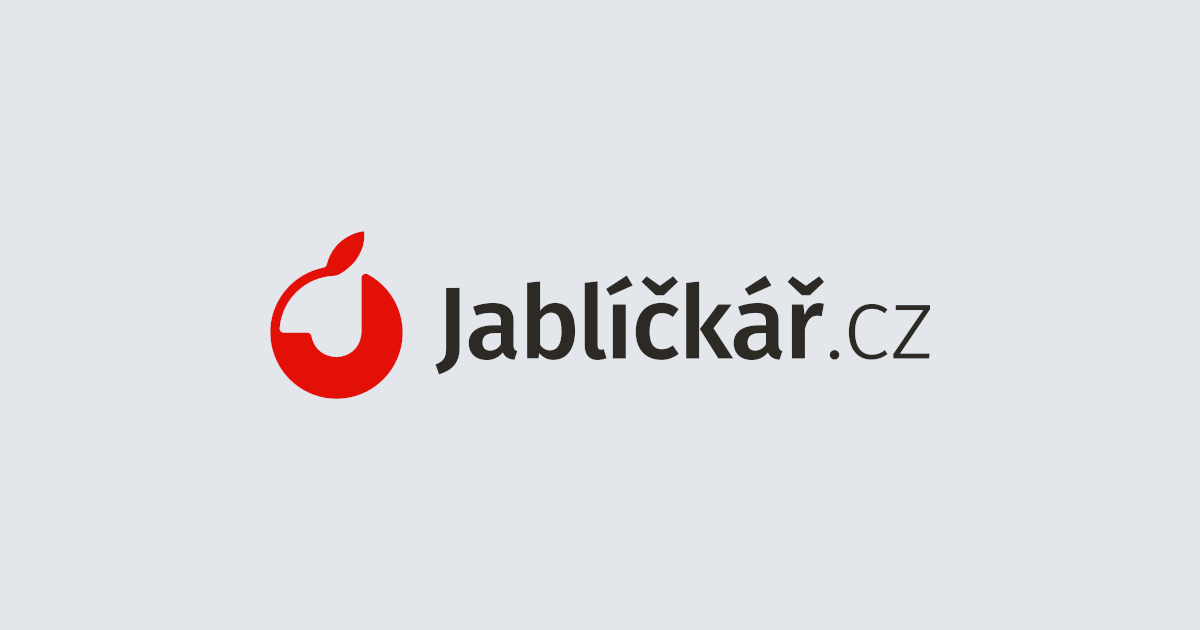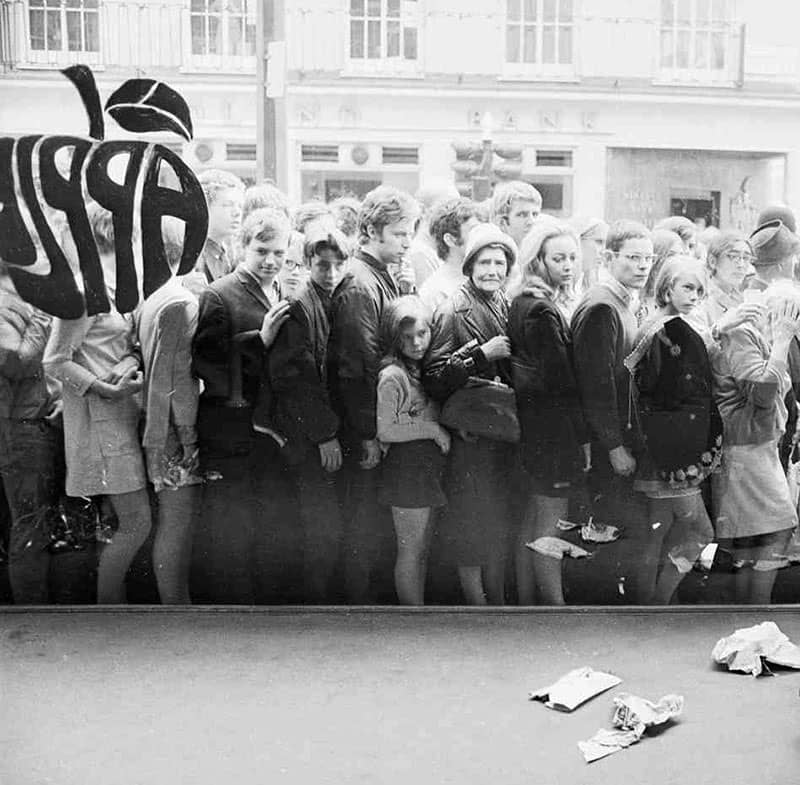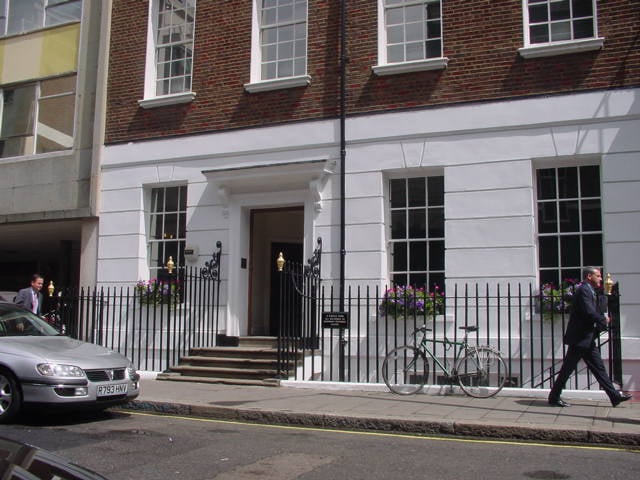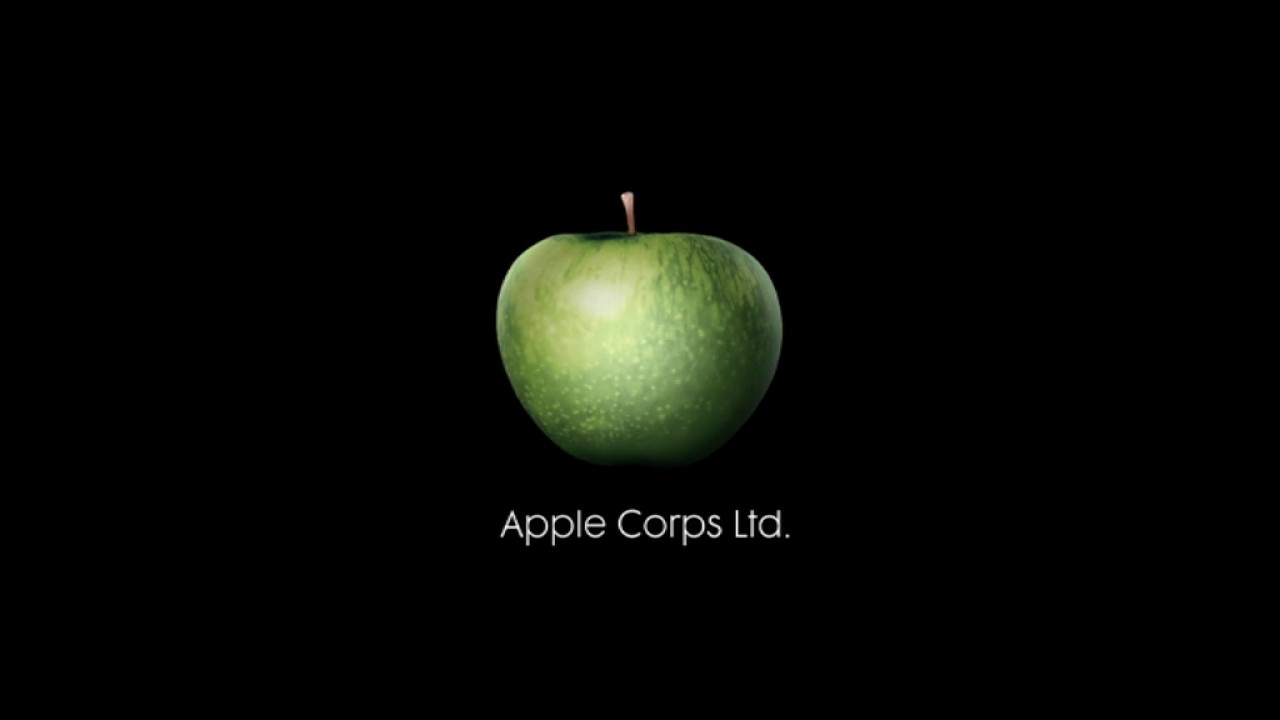If you type "Apple Company" or "Apple Inc." into Google, the image results will be filled with bitten apples. But try typing "Apple Corps" and the resulting apples will look a little different. In today's article, we will recall the battle of two apples, one of which was in the world for much longer.
A bone of contention
Apple Corps Ltd - formerly known simply as Apple - is a multimedia corporation founded in 1968 in London. The owners and founders are none other than members of the legendary British band The Beatles. Apple Corps is a division of Apple Records. Already at the time of its founding, Paul McCartney had problems with naming. The basic argument for choosing the name Apple was that one of the first things that children (not only) learn in Britain is "A is for Apple", the inspiration for the logo was also a painting of an apple by the surrealist René Magritte. McCartney wanted to name the company Apple Core, but this name could not be registered, so he chose the variant Apple Corps. Under this name, the company operated without problems for many years.
Steve Jobs at the time when he named his own company, as a Beatles fan, was of course very well aware of the existence of Apple Corps, as was Steve Wozniak. There are a number of theories about the reasons why Jobs and Wozniak chose this particular name, starting with the company's strategic location, beginning with "A" at the top of the phone book, through biblical theories to Jobs' fondness for this fruit.
Apple Corps first called in the attack to protect its name not long after the Apple II computer was released. The dispute was settled in 1981 by the payment of 80 thousand dollars by Apple Computer to the plaintiff.
It could be interest you

You can be a banana
However, other problems did not take long. In 1986, Apple introduced the ability to record audio in MIDI format with the Mac and Apple II product lines. In February 1989, Apple Corps again took the floor, claiming that the 1981 agreement had been violated. At the time, lawyers hired by Apple Corps suggested that Apple change its name to "Banana" or "Peach" to avoid further litigation. Apple surprisingly did not respond to this.
This time, the fine that one apple paid to the other was significantly higher - it was 26,5 million dollars. Apple tried to shift the payment to the insurance company, but this move led to another lawsuit, which the technology company lost in April 1999 in a California court.
So Apple decided to sign an agreement under which it could sell devices capable of "reproducing, operating, playing and otherwise providing media content" on the condition that it was not physical media.
Let it be
The key date for both parties was February 2007, when a mutual agreement was reached.
"We love The Beatles, and being in a trademark dispute with them was painful for us," Steve Jobs himself later admitted. "It's a great feeling to have everything resolved positively, and in a way that eliminates any potential disputes in the future."
It seems that an idyll has indeed taken over. The iconic British band's music is available on both iTunes and Apple Music, and no further controversy is likely to erupt.


